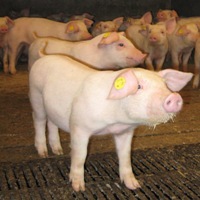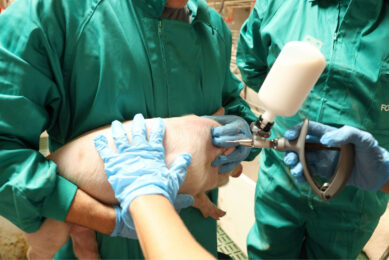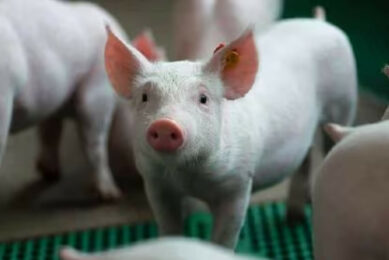EU: cloning does carry health and welfare risks

Experts at the European Food Safety Authority have raised serious questions about animal welfare and food safety in relation to cloning.
That became clear at the publication of a final report by the European Food Safety Authority (EFSA) on the implications of animal cloning for food safety, animal health and welfare and the environment.
The report was made after a request from the European Commission in 2007 for advice. Earlier in 2008, the agency published a draft opinion.
At the moment, there is no European trade in cloned animals or their offspring. The practice is only used in Europe for research purposes – hence, products cannot be sold.
The EFSA emphasised several concerns during the presentation of the report on Thursday:
• Animal welfare concerns
The EU’s food safety agency, giving its long-awaited final scientific opinion on animal cloning, said animals carrying cloned embryos, and their offspring, had significantly higher health and welfare risks – and cloned animals died earlier.
According to figures, 40% of the cloned cattle and pigs would die within six months – in conventionally bred animals, this amounts to 10%.
EFSA’s report says: “The health and welfare of a significant proportion of clones, mainly within the juvenile period for cattle and perinatal period for pigs, have been found to be adversely affected, often severely and with a fatal outcome.”
More information is therefore needed about the susceptibility of clones for disease transfer. It is thought that premature deaths might result from placenta failure.
• Food safety concerns
Silano said food safety concerns for cloned cattle and pigs were considered unlikely but the evidence base, while consistent, was still small. The agency stopped short of saying cloned meat was safe.
• Ethical issues
Last year, the European Commission asked for an opinion on ethical implications of cloning, from the European Group on Ethics in Science. The group concluded, in the beginning of this year, that the practise was ‘not ethically justified’.
FDA report
The EFSA findings contrast with those of the US Food and Drug Administration (FDA), which concluded this year that such products were safe – although a voluntary moratorium on marketing them remains in place.
The Europeans seem likely to take an even more cautious approach similar to that followed with genetically modified crops – which has led to years of trade friction with the USA. Surveys show resistance in Europe to biotechnology remains high, especially when it comes to food.
The EC has launched a survey to learn the public’s opinion on cloning. The results of this survey are expected to be published later this year.
Related websites:
• European Food and Safety Authority (EFSA)
• European Commission (EC)
• US Food & Drug Agency (FDA)
Subscribe here to the Pig Progress newsletter











